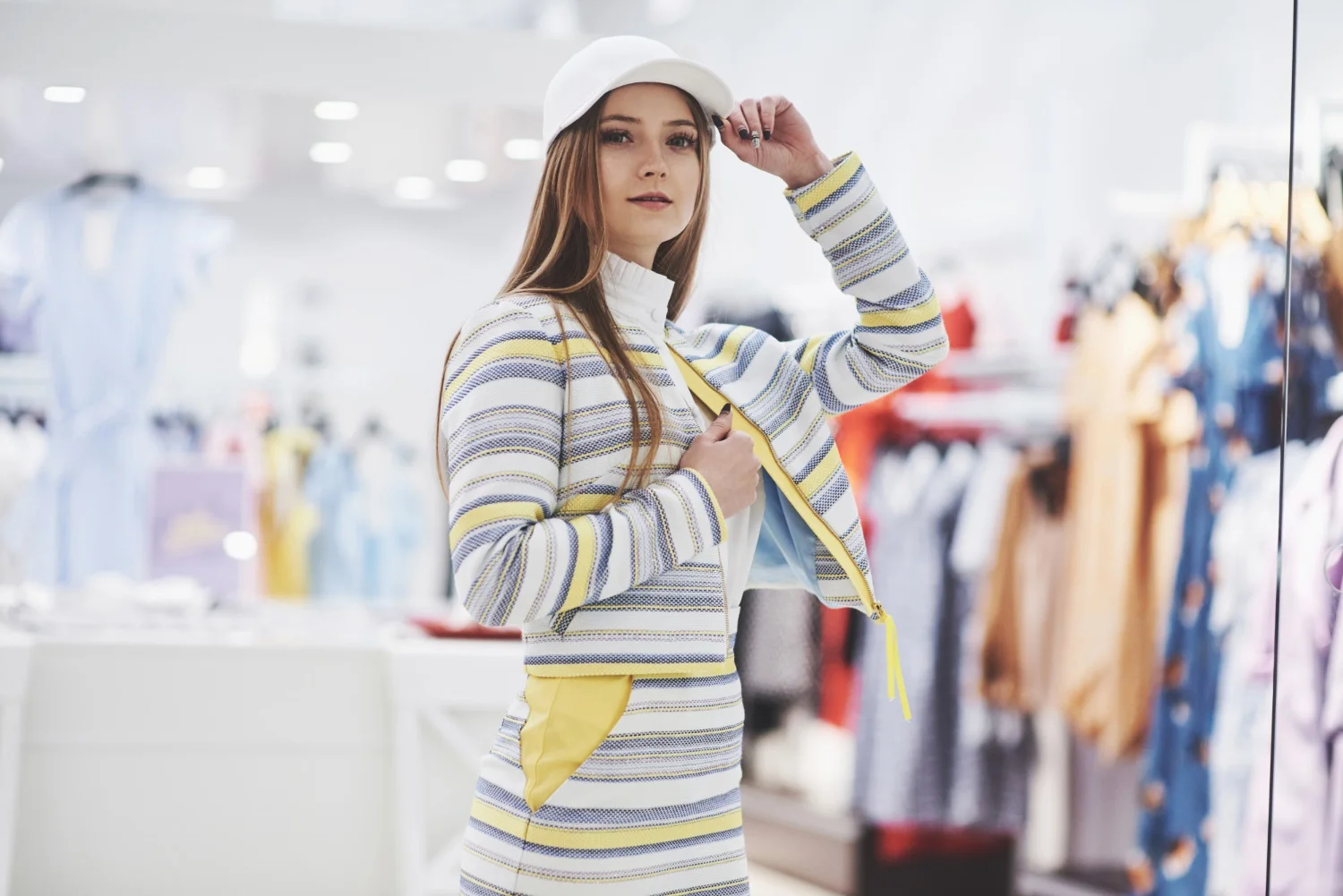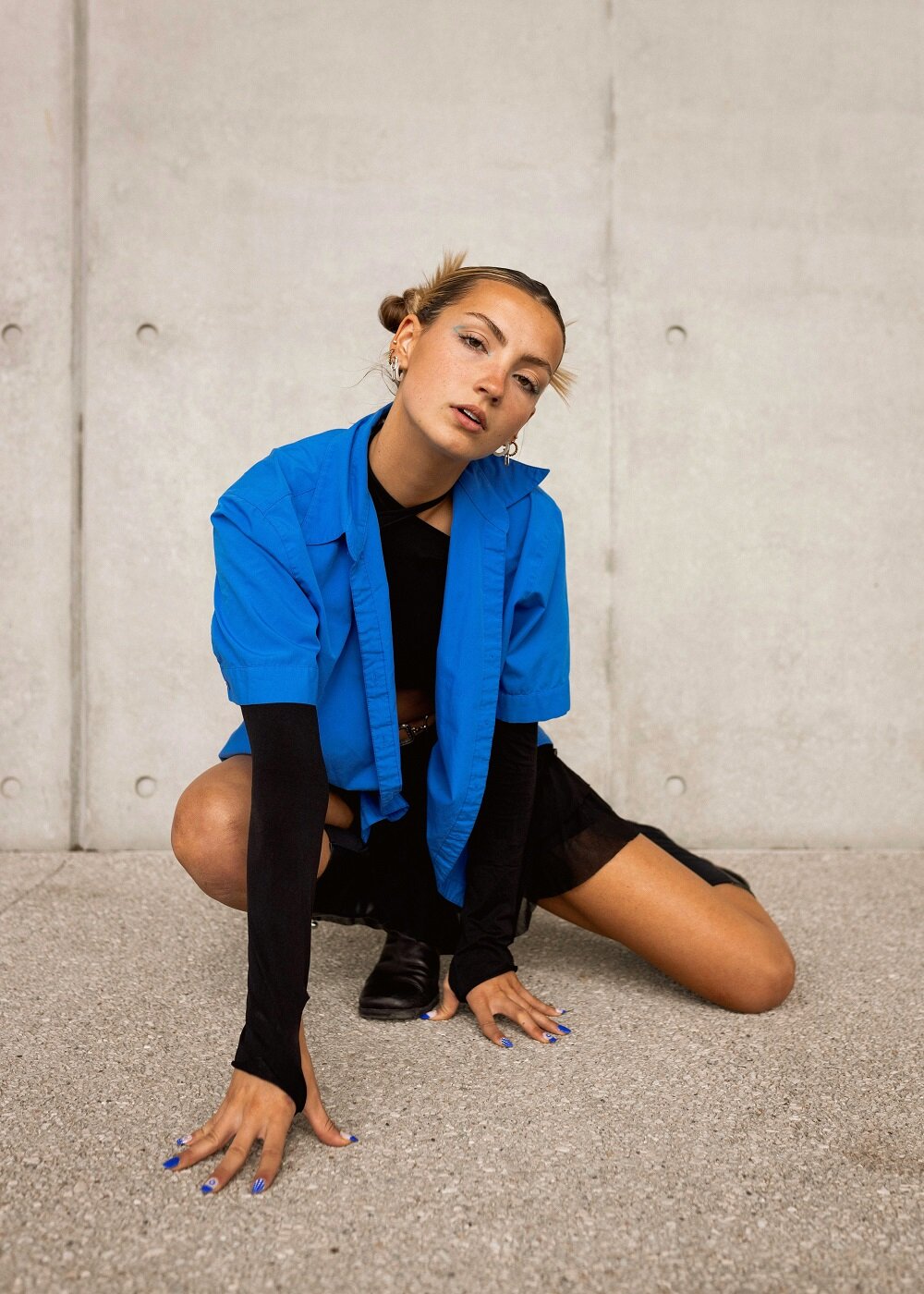Target, the beloved red bullseye, is known for its affordable home goods, quirky collaborations, and, increasingly, trendy apparel. But with growing awareness of the environmental and ethical pitfalls of fast fashion, a burning question emerges: Is Target itself a fast fashion culprit?
The Siren Song of Affordability and Trendiness
Target undeniably sells trendy pieces at accessible price points. Collaborations with high-profile designers like Victoria Beckham and celebrity-driven capsule collections fuel the trend cycle. Its private label brands like Universal Thread and A New Day boast quick trend turnovers, mirroring fast fashion’s core strategy.
However, unlike traditional fast fashion brands relying on low-quality materials and exploitative labor practices, Target claims a commitment to sustainability and ethical sourcing. They boast initiatives like increasing the use of recycled materials in clothing and collaborating with Fair Trade USA.

Beyond the Surface: Unveiling the Complexities
But is their image truly reflective of reality? Scrutinizing Target’s practices reveals mixed signals:
- Limited transparency: While Target provides some information, specifics about sourcing, factory conditions, and worker wages remain opaque.
- Sustainability efforts, while present, are limited. Recycled materials make up a small portion of clothing, and the overall environmental impact remains unclear.
- High employee turnover: Though not unique to retail, it raises questions about working conditions and employee well-being.
Navigating the Gray Area: Is Target Truly Fast Fashion?
Labeling Target definitively as “fast fashion” is complex. They share some characteristics, like trend focus and affordability, but lack the full picture of unsustainable practices and ethical concerns associated with major fast fashion brands.
Target exists in a gray area, offering trendy clothes at lower prices than traditional brands but raising questions about its true commitment to sustainability and ethical sourcing.
The Consumer’s Choice: Beyond the Bullseye
Ultimately, the label isn’t as important as individual choices. As consumers, we have the power to:
- Demand transparency: Advocate for clearer information about Target’s practices.
- Seek sustainable alternatives: Explore brands with proven ethical and environmental commitments.
- Shop mindfully: prioritize quality over quantity, buying pieces that last and align with your values.
By being informed consumers, we can hold companies like Target accountable and push them towards more sustainable and ethical practices, regardless of the “fast fashion” label.
Remember, the power to reshape the fashion landscape lies not just with the bullseye but with the choices we make every time we reach for a new piece of clothing.
FAQs:
Deciphering Target: Ethical Dilemmas and Fashion Choices
While my previous response addressed the complexities of labeling Target as “fast fashion,” here are more pointed answers to your specific questions:
1) Is Target an ethical place to shop?
It’s difficult to give a definitive answer. Target claims ethical sourcing initiatives, but transparency remains limited, leaving questions about working conditions and factory practices unanswered. They offer some sustainable options, but their overall impact is unclear. Ultimately, ethical shopping at Target requires mindful evaluation of individual products and a critical eye towards their initiatives.
2) Is Target actually sustainable?
Partially. They’ve taken steps like increasing recycled materials, but it’s a small portion of their offerings. The bigger picture of energy use, water consumption, and waste generation across their supply chain remains unclear. While they’re moving towards sustainability, more concrete information and wider-reaching efforts are needed for a definitive “yes.“
3) What is fast fashion Target market?
Target targets a broad demographic, primarily focusing on price-conscious consumers seeking trendy apparel. This includes young adults, families, and budget-minded shoppers who value affordability and up-to-date styles.
4) Which brand are fast fashion?
Defining “fast fashion” is nuanced. Brands typically associated with the term include H&M, Zara, Shein, Forever 21, and numerous online retailers who prioritize rapid trend turnover, low prices, and often, less ethical or sustainable practices. However, the lines can blur as some mainstream brands, like Target, adopt similar elements while claiming ethical commitments.
Remember: Shopping ethically and sustainably requires individual research and critical thinking. Look for brands with proven transparency, ethical sourcing practices, and robust sustainability initiatives. While Target might not fit perfectly into either “ethical” or “fast fashion” boxes, responsible shopping involves informed choices beyond any single label.
Also Read :TILLYS: SURFING THE RAPIDS OF FAST FASHION?HALIBUY FASHION: REALITY CHECK THROUGH THE TRENDY HAZE 2024




